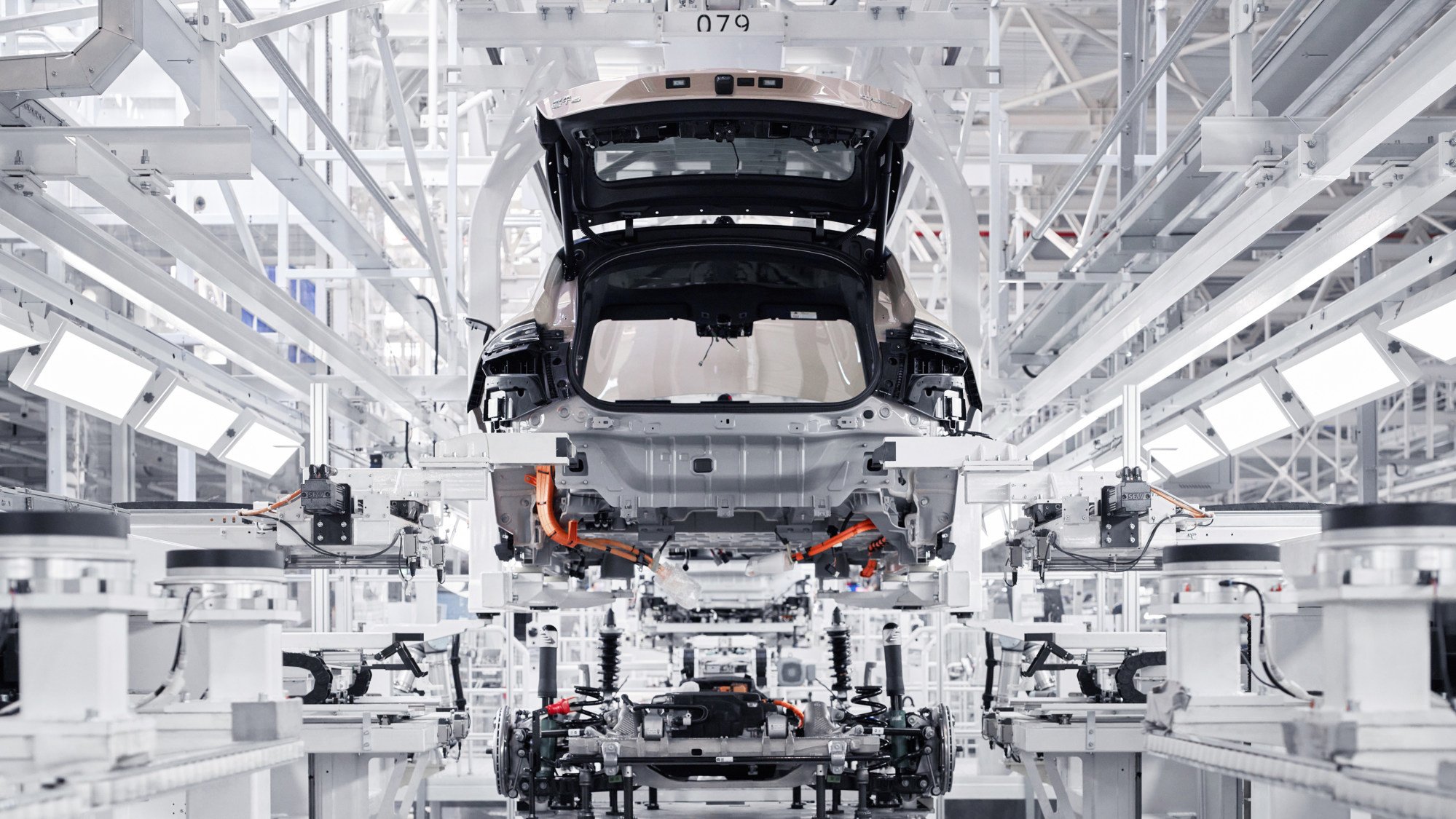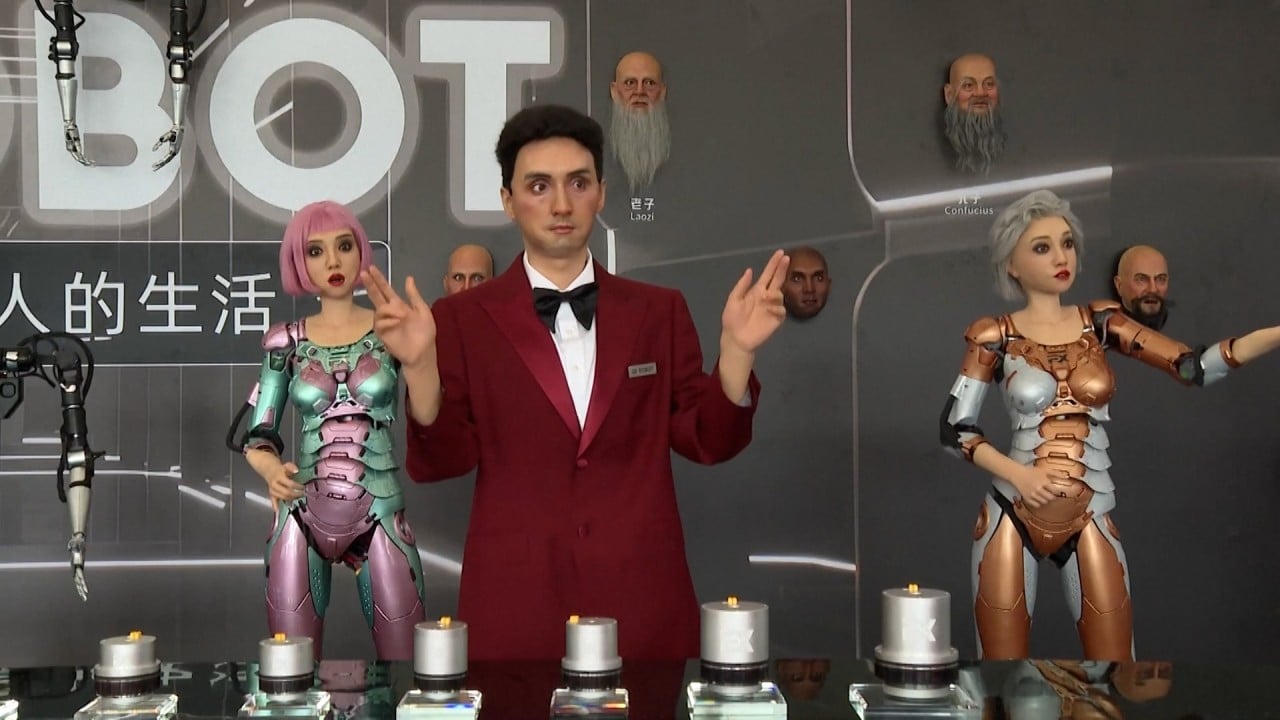Earlier this month, the company said it had cut 10 per cent of its workforce to boost efficiency and stay competitive.
“We want to resort to AI technologies to largely reduce reliance on skilled workers and technicians, and hence save more labour costs,” he said on Friday. “If 80 per cent of our decisions [in manufacturing] can be made by AI, it will enable us to reduce 50 per cent of our managerial positions in 2025.”

Industrial robots could help the company cut the use of workers on the production lines by 30 per cent between 2025 and 2027, he added.
Nio had a workforce of about 7,000 at the end of 2022, according to data from corporate registry website Qichacha.
Nio envisions full automation, or a labour-free system, at its manufacturing sites in future, banking on advanced AI and robotic technologies, Ji said. He, however, admitted it was difficult to give a time frame.
Nio delivered 126,067 vehicles in the first 10 months of 2023, up 36.3 per cent year on year. Its president Qin Lihong said in a speech during the Guangzhou Auto Show on November 17 that 40 per cent year-on-year sales growth was not fast enough to reflect the company’s design and manufacturing strength.
The carmaker operates two plants, both in Hefei, capital of eastern Anhui province. The first factory has an annual production capacity of 150,000 units on one shift, while the second is capable of building 300,000 vehicles annually, also on a single shift. A single shift normally requires 1,000 workers.
“Nio already has a big production capacity and its manufacturing technique is advanced enough to support high growth,” said Chen Jinzhu, CEO of consultancy Shanghai Mingliang Auto Service. “The company needs to design and produce more vehicles that can appeal to more Chinese drivers to bolster sales.”
At the second plant near Hefei Xinqiao airport, 756 robots are used to achieve 100 per cent automation in one of the manufacturing processes.
Nio aims to turn the factory into the world’s smartest with advanced equipment, flexible processes and efficient supply-chain management, Ji said.
Nio’s rival, Guangzhou-based Xpeng, said in April that it would fine-tune its designs and improve efficiency next year, hoping to slash costs by 25 per cent to stay ahead of the competition.
The efficiency drive and cost-cutting programme would put unprofitable Xpeng on the road to generate positive cash flow by 2025, the carmaker’s president Brian Gu said.



